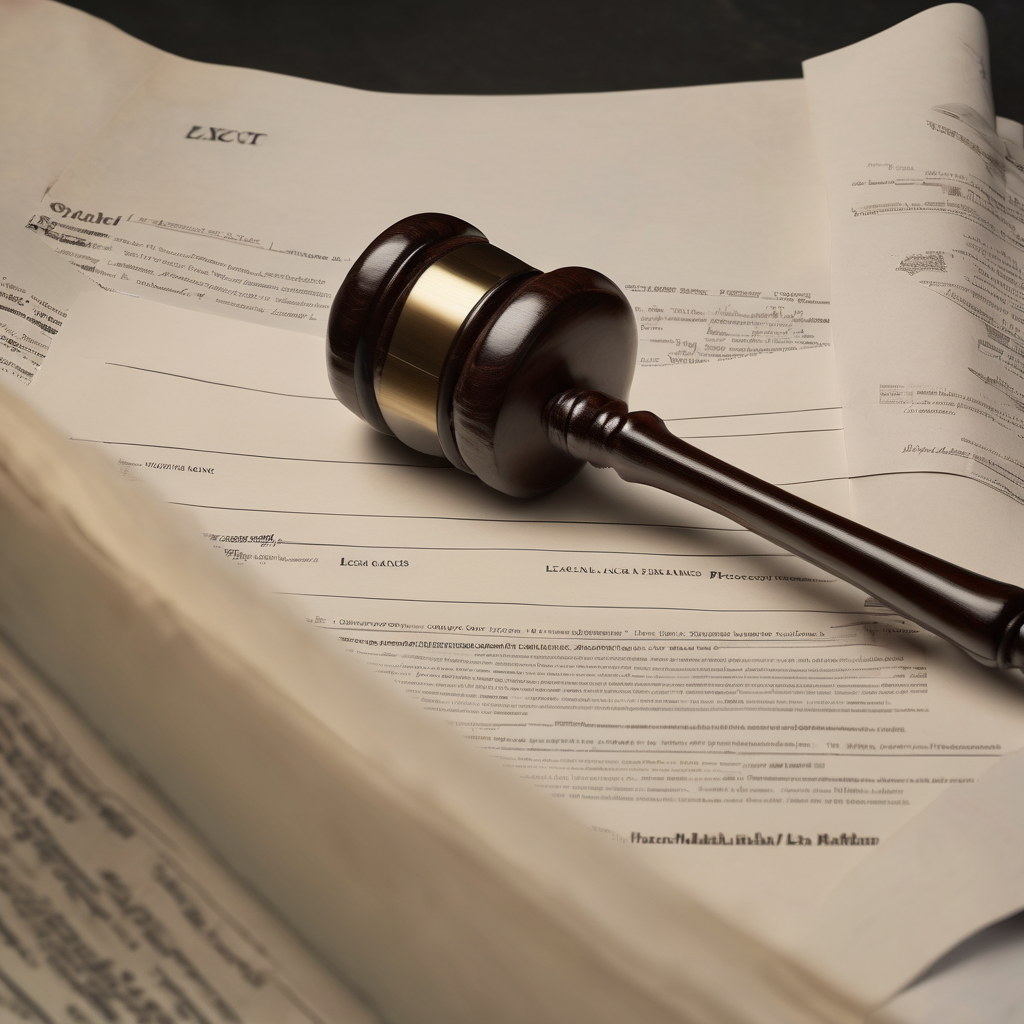The Attorney General of the Marshall Islands, Bernard Adiniwin, has initiated legal proceedings to challenge an 18-year-old law that he believes poses a significant threat to the nation’s ability to secure funding for climate adaptation initiatives. The petition, filed in the High Court against Speaker Brenson Wase, centers around Section 105 of the 2008 Public Lands and Resources Amendment Act, which stipulates that newly created landfill automatically becomes the property of adjoining landowners. Adiniwin argues that this law conflicts with the Marshall Islands Constitution, which authorizes the government to acquire land for public purposes, including reclamation, as long as such actions align with the law and constitutional provisions for just compensation.
The implications of this legal conflict are substantial, as hundreds of millions of dollars in future donor funding for climate adaptation and land reclamation projects hinge on resolving this issue. The national government is pursuing a National Adaptation Plan that requires tens of billions of dollars to address serious challenges related to rising sea levels. If newly reclaimed land were to remain in private hands, it could severely jeopardize the country’s capacity to fulfill the requirements for accessing donor support, as these funds typically necessitate that projects serve a public purpose.
During previous legislative sessions, representatives, including Enewetak Nitijela Member Jack Ading, identified this critical issue, questioning whether reclaimed lands should be under government control or granted to adjoining landowners. This uncertainty has already hindered the government’s ability to plan and execute reclamation projects effectively.
Finance Minister David Paul emphasized the urgency of addressing this conflict, stating that if it remains unresolved, the government will struggle to judiciously use public funds or attract necessary donor support aimed at public-benefit adaptation projects. The Attorney General referred to a 2012 Supreme Court ruling that could bolster his case, establishing that land created for government utility projects is government-owned, thereby reinforcing the notion that reclamation should be tied to governmental authority rather than become an extension of private land tenure.
Adiniwin has requested the High Court to declare Section 105 of the 2008 law unconstitutional and void, thus affirming that land created through government-funded or donor-funded reclamation projects should be regarded as public land. He has also urged the court to expedite the hearing process due to the pressing nature of ongoing donor-funded projects requiring legal clarity.
No hearing date has yet been set, but the potential outcomes of this case are significant. Should the court rule in favor of the Attorney General, it could not only resolve the current legislative conflict but also pave the way for increased public funding to address pressing climate challenges facing the Marshall Islands. This legal movement suggests a proactive step toward ensuring the islands can secure their future in light of ongoing climate threats.
